Description
What is a Cabinet Mount 4G Puck Antenna?
The low-profile adhesive mount 4G Puck Antenna CTRF-ANTENNA-EX-7027-4615-SMA-S item is a dome antenna that comes with a 4G network LTE frequency 698-960MHz, 1710-2700MHz, 5dBi high-gain, 1 meter RG 174 cable antenna extension, an easy installation puck/cabinet antenna manufactured by C&T RF Antennas Inc.
The outdoor antenna 4G Puck Antenna Cabinet Mount Antenna is supplied by C&T RF Antennas Inc., the leading indoor & outdoor 4G LTE antenna manufacturer in China.
C&T RF Antennas Inc. provides internal & external antennas with the IoT M2M antenna radio frequencies such as NFC, 169MHz, 230MHz, 315MHz, 433MHz, 868MHz, 915MHz, VHF&UHF, Lora, NB-IoT, ADS-B, GSM, GNSS, Wifi 2.4GHz, 5.8GHz, 1.2G, 1.4G, 1.8G, Cellular 2G 3G 4G LTE, GPS, 5G NR, etc.
C&T RF Antennas Inc. provides RF antennae with Omni & Directional antenna types such as Dipole Antennas, Whip Antennas, Marine Antennas, Router Antennas, MIMO Antennas, Combo Antennas, PCB Antennas, FPC Antennas, Spring Antennas, Magnetic Antennas, Sector Antennas, Yagi Antennas, and Accessories, etc, for IoT & M2M industries.
Contact us for more information on the 4G puck antenna 4G dome antennas Cabinet Mount Antenna such as the 4G puck antenna datasheet, 4G puck antenna pricing, and 4G puck antenna inventory.
Or other Puck Cabinet Mount Antenna styles.
What are the 4G communication system features?
The fourth-generation mobile communication system has the following characteristics:
1. Faster transmission rate:
For a wide range of high-speed mobile users (250km/h), the data rate is 2Mbps; for medium-speed mobile users (60km/h), the data rate is 20Mbps; for low-speed mobile users (indoor or pedestrian), the data rate is 100Mbps.
2. More efficient spectrum utilization:
4G uses and references many powerful breakthrough technologies in the development and development process, and the wireless spectrum is used much more efficiently than the second and third-generation systems and the speed is quite fast, with download rates reaching 5~10Mbps;
3. Broader network spectrum:
Each 4G channel will occupy 100MHz or more of bandwidth, while the bandwidth of 3G networks is between 5 and 20MHz;
4. Larger capacity:
4G will use new network technologies (such as space division multiple access technologies) to greatly increase system capacity to meet the future demand for large amounts of information.
5. Greater flexibility:
The 4G system uses intelligent technologies for adaptive resource allocation and intelligent signal processing techniques for normal signal transmission and reception in various complex environments with different channel conditions.
6. Realize higher quality multimedia communication:
The 4G network’s wireless multimedia communication services will include voice, data, and video.
Data, video, etc., a large amount of information will be transmitted through a broadband channel, allowing users to access the system at any time and any place, so 4G is also real-time broadband and seamless coverage of multimedia communications.
Data, video, etc., a large amount of information is transmitted through a broadband channel, allowing users to access the system at any time and any place, so 4G is also real-time broadband and seamless coverage of multimedia communications.
7. Smoother compatibility:
4G systems should have global roaming, open interfaces, interconnection with a variety of networks, terminal diversity, and the ability to move from second-generation to second-generation networks. terminal diversity and a smooth transition from the second generation.
4G access method and multiple access schemes
OFDM (orthogonal frequency division multiplexing) is a high-speed transmission technology in a wireless environment.
Its main thinking is to divide a given channel into many positive subchannels in the frequency domain and use a subcarrier to modulate each subchannel. Parallel transmission of each subcarrier.
Although the total channel is non-flat, that is, the frequency selectivity, each subchannel is relatively flat, and the narrowband transmission is performed on each sub-channel, and the signal bandwidth is less than the corresponding bandwidth of the channel.
The advantage of OFDM technology is that the interference between the signal waveform can be eliminated, the multipath fading and Doppler frequency shift are not sensitive, the spectral utilization is improved, and a low-cost single-band receiver can achieve low cost.
The main disadvantage of OFDM is that power efficiency is not high.
The puck antenna 4G is supplied by C&T RF Antennas Inc., an RF antenna products manufacturer in China. we provide the 3G 4G antennas for the GSM, GPRS, NB-IoT, IoT, and M2M industries.
With the same antenna radome size 46x15mm, we also supply the wifi antennas, GPS antennas, and 5G antennas for your choice.
4G Puck Antenna Cabinet Mount Antenna Specifications
4G Puck Antenna Cabinet Mount Antenna Electrical Specifications |
|
| RF Antenna Type | 4G Puck Antenna |
| Model | CTRF-ANTENNA-EX-7027-4615-SMA-S |
| Frequency | 698-960MHz, 1710-2700MHz |
| Gain | 3/5dBi |
| VSWR | ≤2.0 |
| Impedance | 50 Ω |
| Polarization | Vertical |
| Cable Type | RG174 |
| Connector | SMA Male |
| Cable Length | 1 Meter |
| Max Power | 50W |
| Lightning Protection | DC-Ground |
4G Puck Antenna Mechanical Specifications |
|
| Dimension | 46x15mm |
| Weight | Approx. 30g |
| RadomeMaterial | Plastic ABS |
| Operation Temperature | -40˚C~+85˚C |
| Storage Temperature | -40˚C~+80˚C |
| Finished Antenna Color | Black |
| Antenna Design | Dipole Array |
| Mounting | Adhesive |
| SafetyEmission and other | RoHS Compliant |
| Applications | ISM/SCADA/Utilities, IoT/M2M/NB-IoT/LoRa, 2G 3G 4G LTE/LTE-IoT, GSM GPRS UMTS PCS, etc. |
The 4G puck antenna through-hole screw mount antenna features
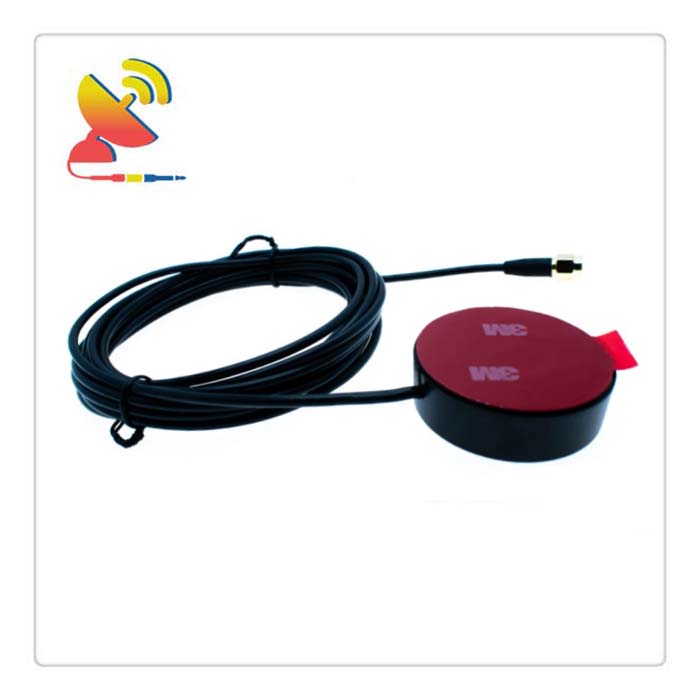
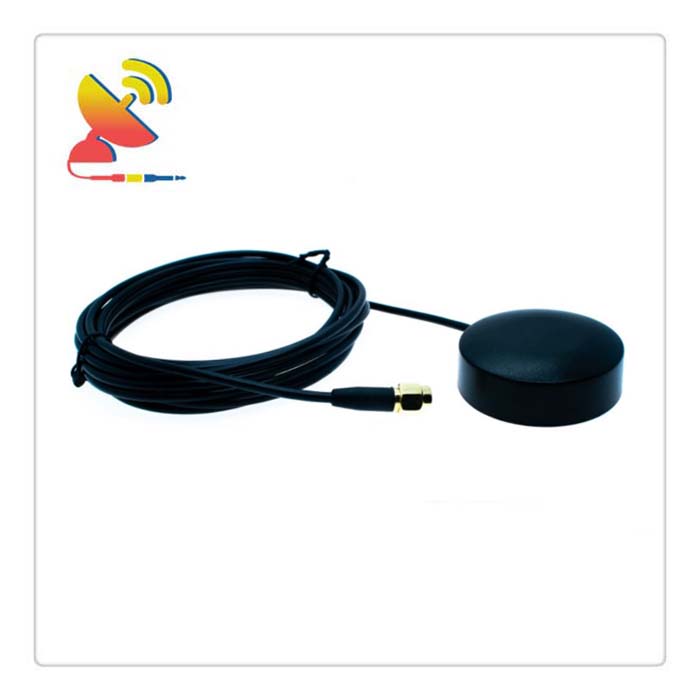
Or magnetic mount is available.
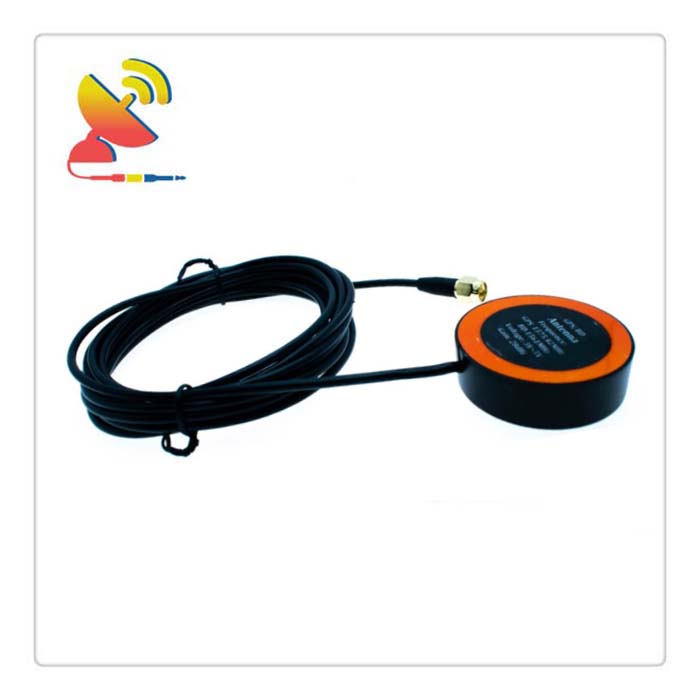
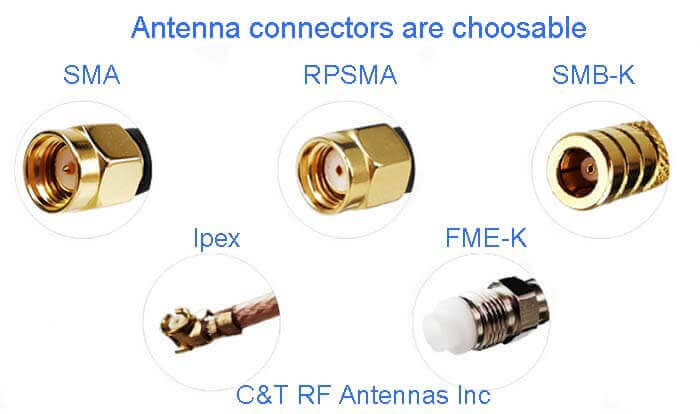
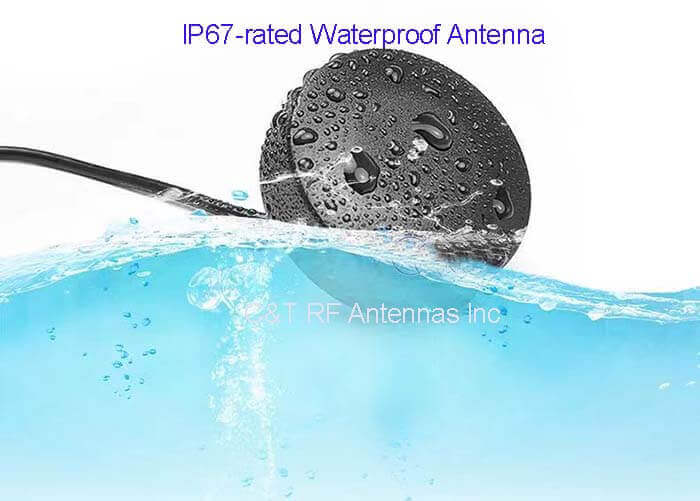
The 4G puck antenna through-hole screw mount antenna applications
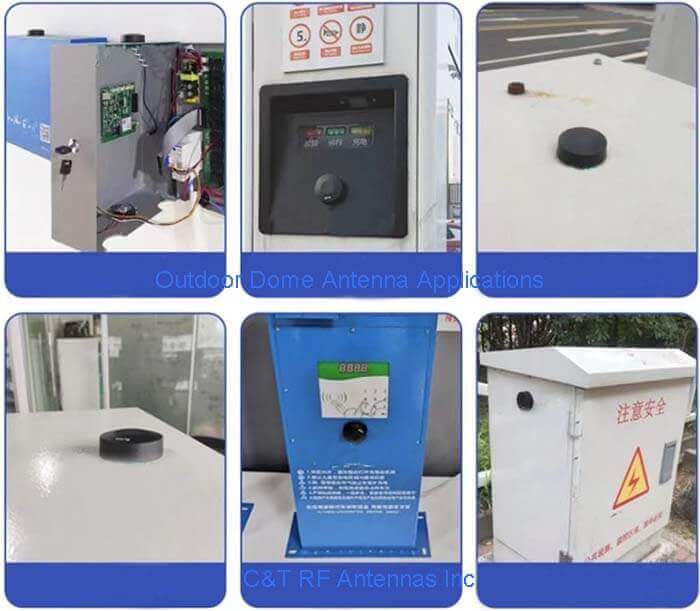

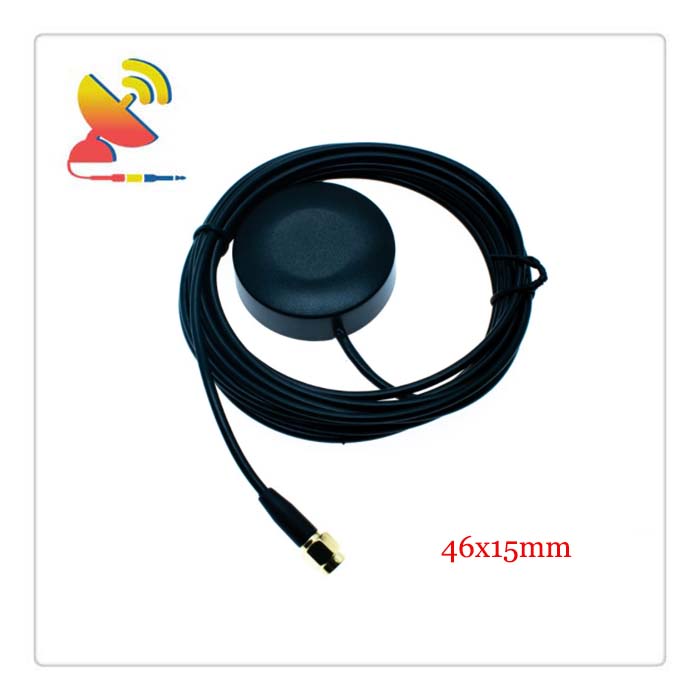
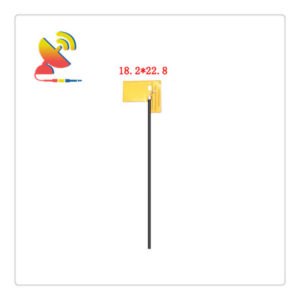
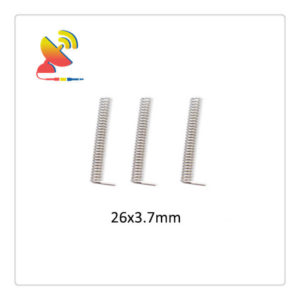
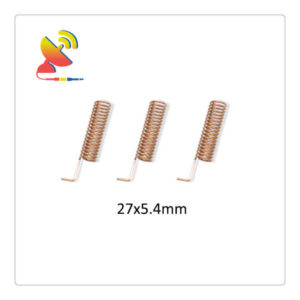
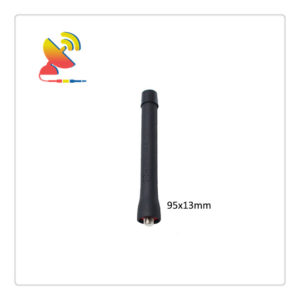
Reviews
There are no reviews yet.